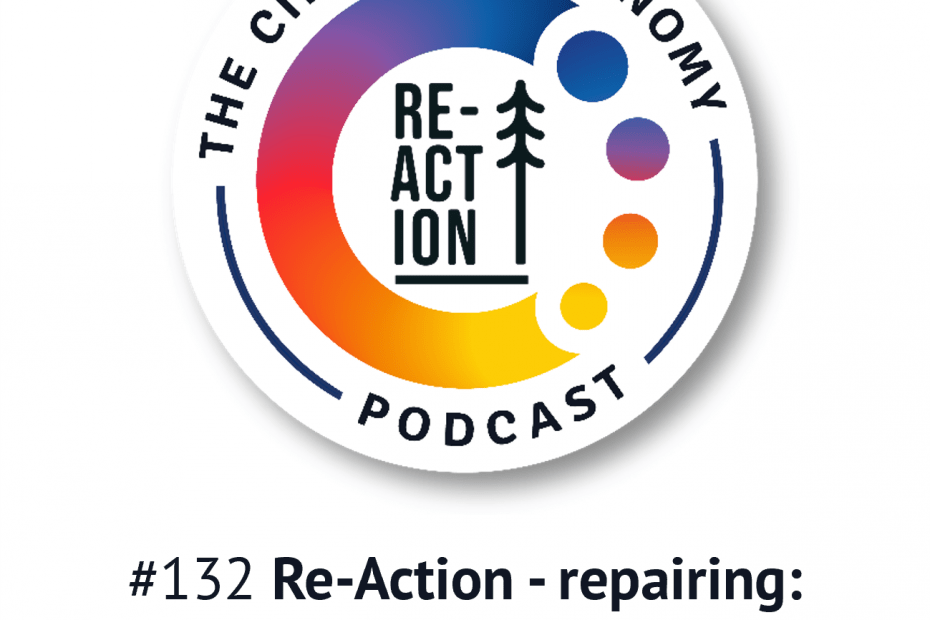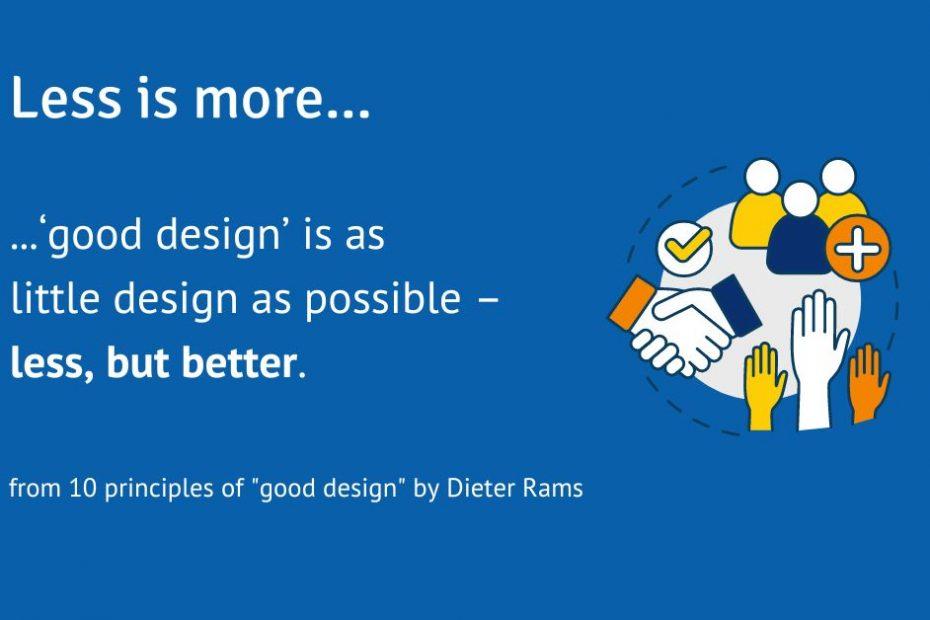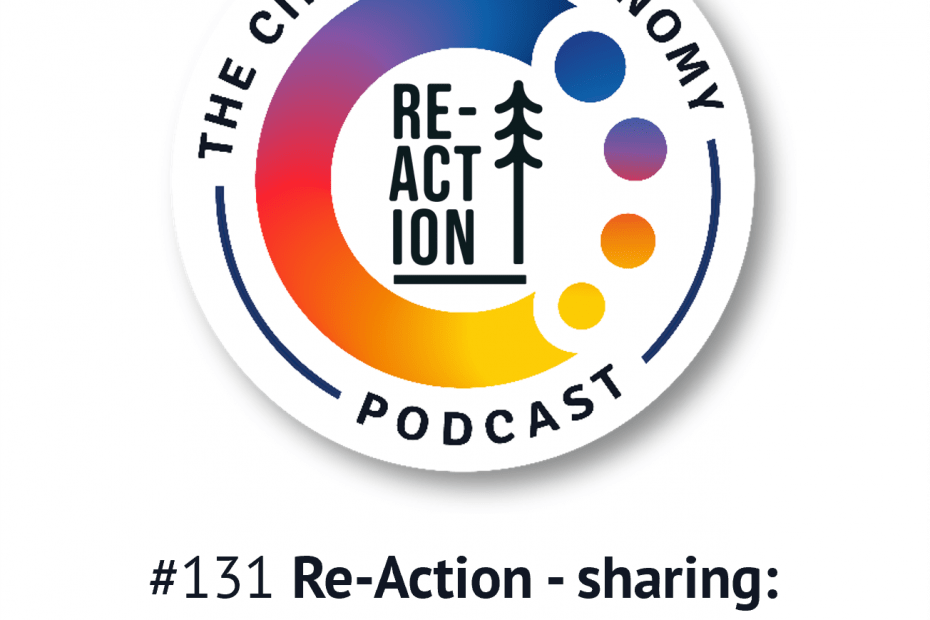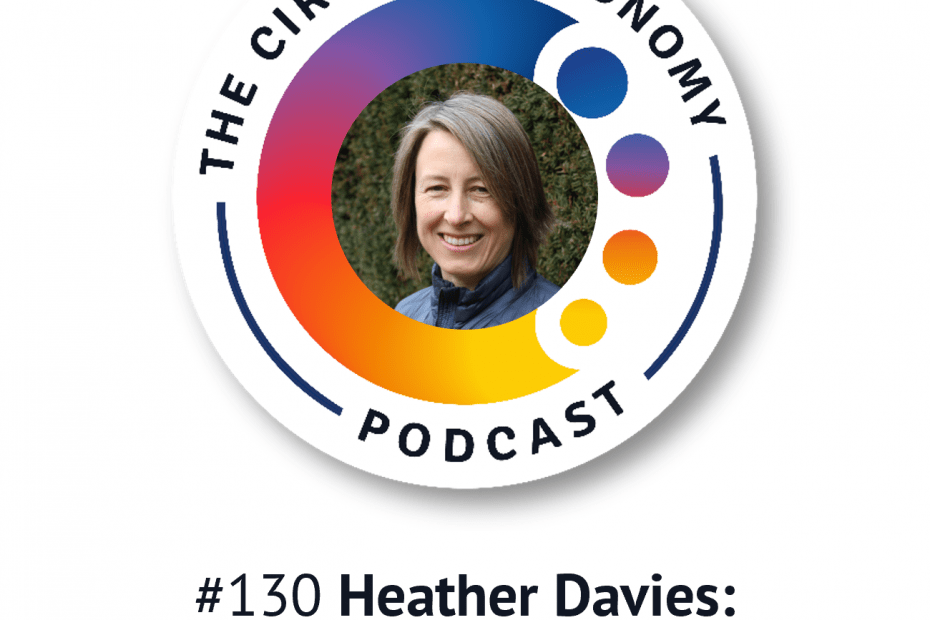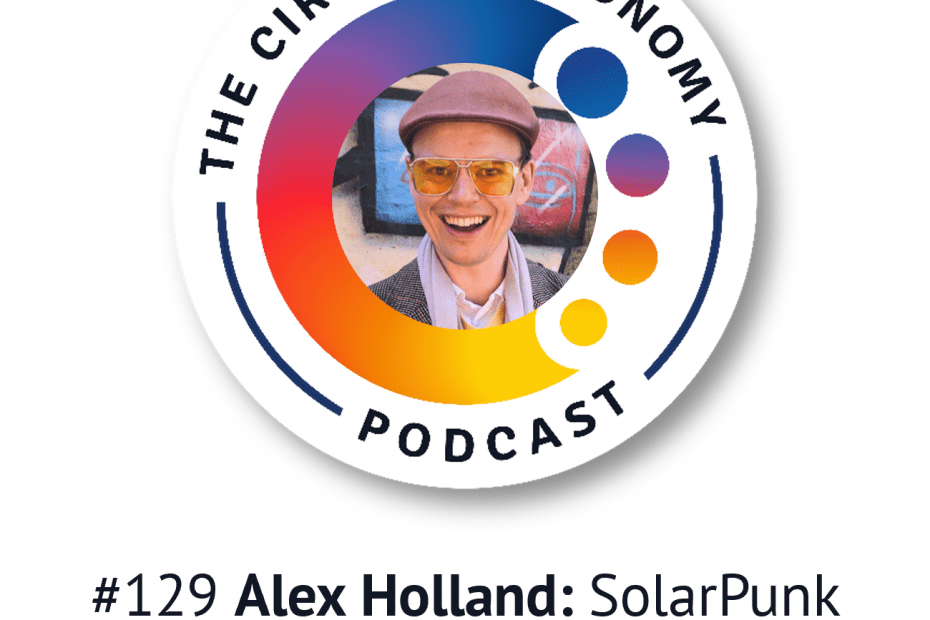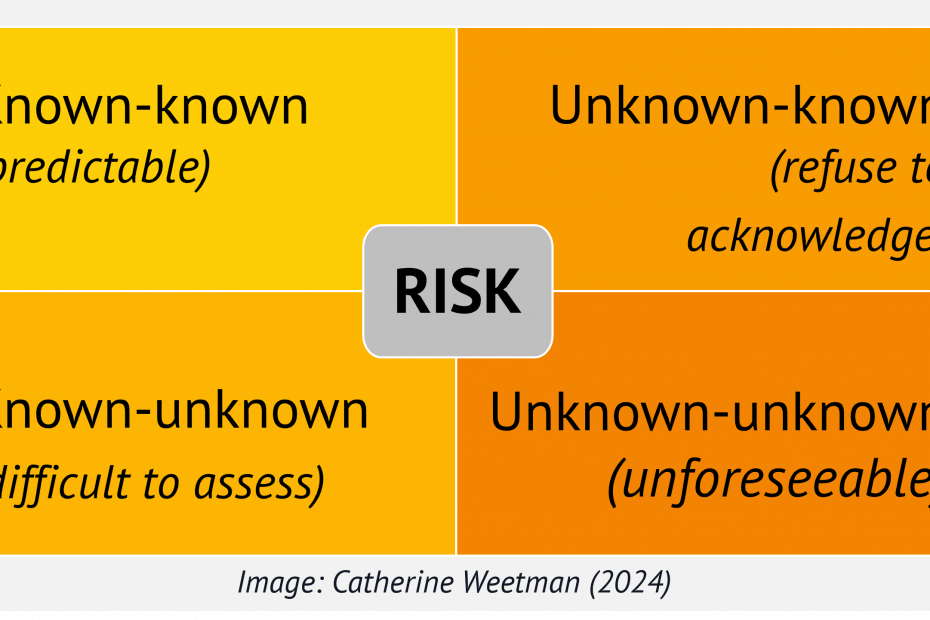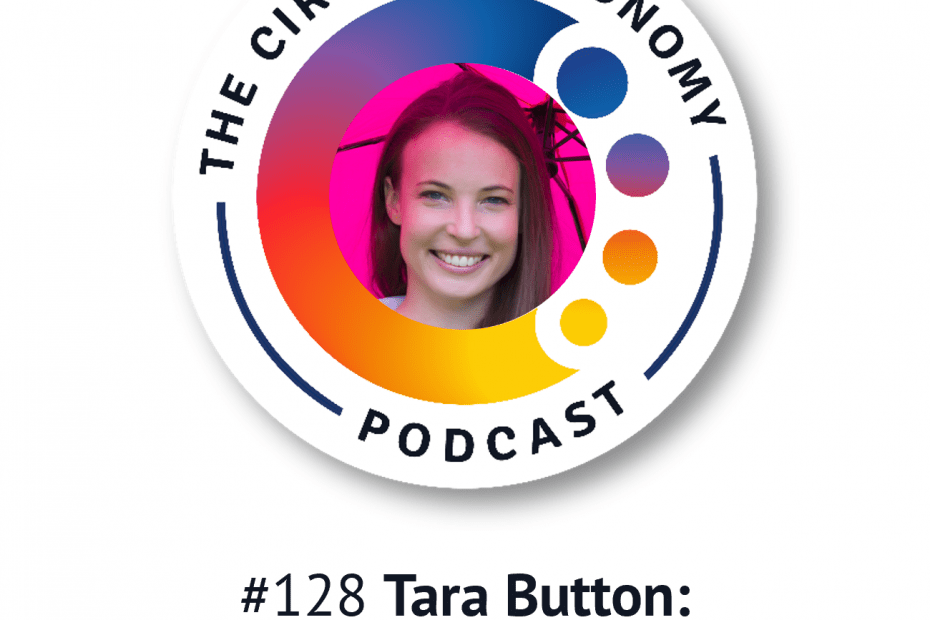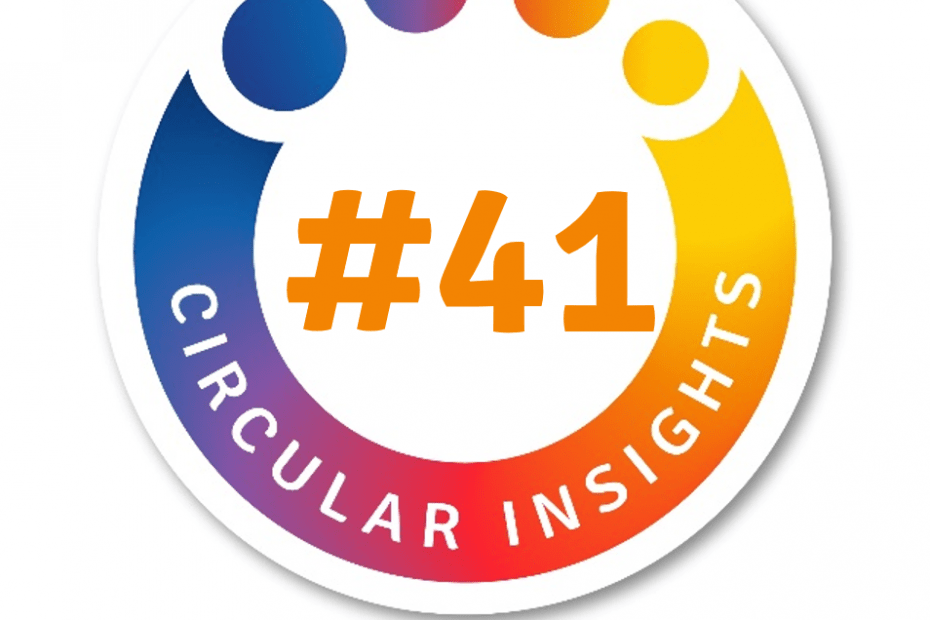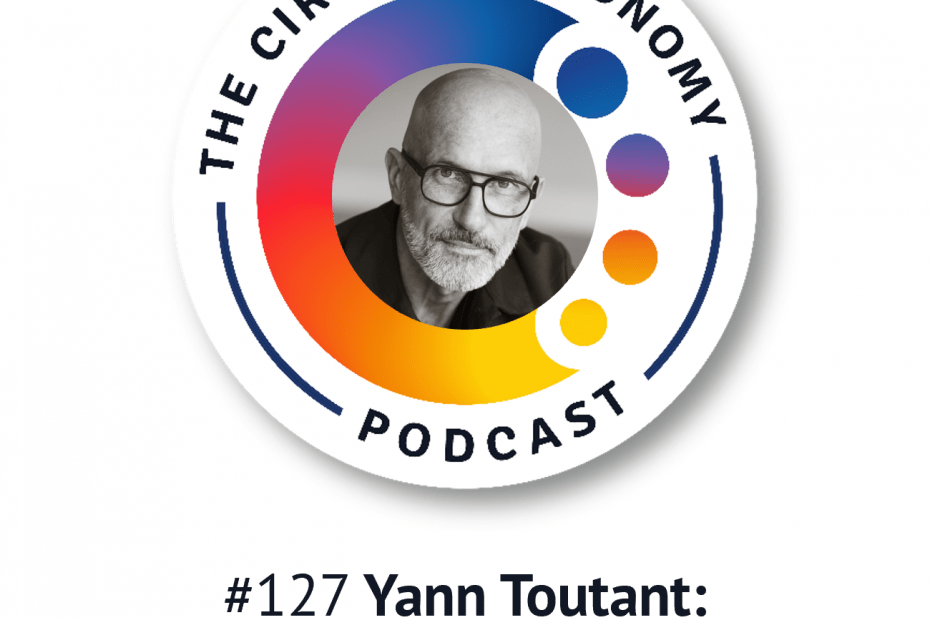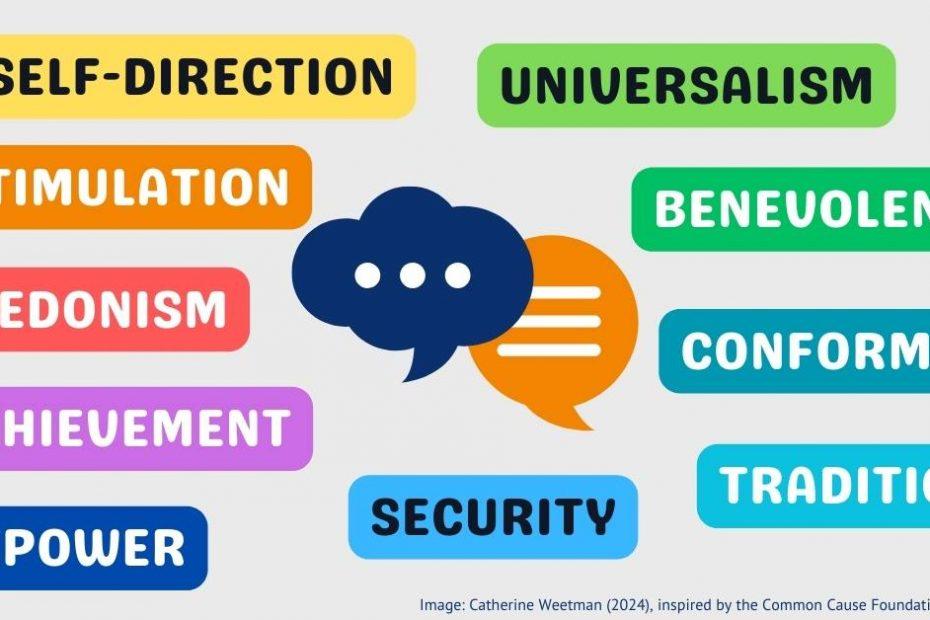132 Re-Action – repairing: from radical to renaissance
This is #3 in the 5th Anniversary mini-series featuring the Re-Action Collective, and focuses on repairing. We hear from the founders of three UK businesses that are helping people repair their outdoor clothing and equipment: Rosanna Watson at Snowdonia Gear Repair, Becky Kirby at Sheffield Clothing Repair, and Vicky Balfour of Vicky Bikes.
The strapline for this episode was inspired by Rose Macario, former CEO of Patagonia Inc, who wrote a blog back in 2015 declaring that ‘repair is a radical act’. But repairing and caring for our things used to be the norm, until we’ve gradually been persuaded to treat our stuff as disposable, and to think that newer is always better. But many of us are discovering that’s not true, and that repairing, customising and caring for our clothing and equipment is better for us, for our wallets, and for our futures.
Now, repairing is having a renaissance, with millions of people finding ways to do DIY repairs, or find repairers with specialist skills and the relevant spare parts.
We speak to the founders of 3 businesses to discover what motivates people to repair, why repaired items can be better than replacements, and what to look out to make sure your gear is easy to care for and repair.
